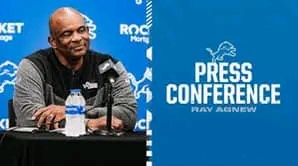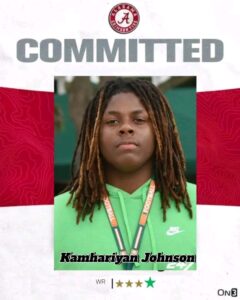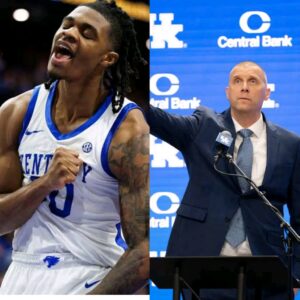
Ray Agnew, Assistant General Manager of the Detroit Lions, Mysteriously Overlooked for NFL General Manager Roles Despite Impressive Qualifications

In the world of professional football, few roles carry as much weight and responsibility as that of a general manager (GM). This pivotal position often serves as the backbone of franchise operations, tasked with navigating the complexities of player acquisitions, contract negotiations, and strategic team building. As the NFL undergoes a period of intensive scrutiny regarding hiring practices—especially concerning diversity and merit—Ray Agnew, the current assistant general manager of the Detroit Lions, finds himself in the peculiar position of being overlooked for GM openings despite his commendable qualifications and extensive experience.
Agnew’s journey through the NFL has been nothing short of impressive. He was drafted by the New England Patriots in 1990 and enjoyed a solid playing career as a defensive tackle. After transitioning to the front office, Agnew garnered a reputation for his acumen in player evaluation and talent assessment. His work with the Lions has received accolades, particularly in his role in rebuilding a franchise that has long sought to make a playoff push. He has contributed to significant draft decisions and player transactions, and his expertise in scouting has positively influenced the team’s roster composition.
Despite these accomplishments, both fans and analysts are left scratching their heads as to why Agnew has not been prominently considered for various GM vacancies in the league. With the recent departures of several high-profile GMs across the NFL, the expectation was that Agnew’s name would surface in discussions for these top roles. Instead, he has notably been absent from interview rosters and hiring conversations, raising questions about the underlying reasons for these omissions.
One possible factor contributing to Agnew’s situation is the prevailing dynamics within NFL hiring practices. The league has faced immense backlash over its failure to promote racial diversity in front office positions, prompting the implementation of initiatives such as the Rooney Rule. This rule mandates that teams interview minority candidates for head coach and general manager roles. However, despite this rule’s existence aimed at fostering diversity, it has not consistently translated into actual hiring practices. Frustrations around these discrepancies have led many to question whether teams are prioritizing genuine inclusivity or simply going through the motions.
Agnew, who is a Black executive in a landscape where such representation is still lacking, finds himself part of a systemic issue that is larger than any one individual. NFL franchises often gravitate towards familiar faces, connections, and legacy hires that maintain the status quo rather than venturing into the realm of innovative leadership. This creates a cycle in which deserving candidates like Agnew face barriers despite their qualifications.
Even with an impressive background in scouting and team building, the football community often tends to view GMs through the lens of previous head coach experience or high-profile assistant roles. As teams increasingly seek executives who have demonstrated the ability to lead entire organizations, those without prior experience in specific roles may find themselves sidelined. This narrow focus can inhibit the very talent that the league has aimed to cultivate.
As conversations around equity in hiring continue, Agnew’s situation also brings to light an essential discussion about mentorship and sponsorship within the sport. Successful professionals in the NFL often have access to a network of advocates who can help highlight their achievements. Lack of visibility can prove detrimental, and Agnew’s relatively low profile compared to other candidates could be affecting his chances.
Agnew remains a significant figure in the Lions’ front office, actively participating in shaping the team’s direction while showing unwavering commitment to player development. His strong relationships within the organization, alongside his ability to assess talent, do not go unnoticed by those who work alongside him. Proponents argue that it’s time for an intentional shift in how teams view potential candidates for GM roles.
In the end, Ray Agnew’s story serves as a sobering reminder of the challenges that continue to exist within the hiring processes of the NFL. As he continues to work diligently within the Lions organization, the hope is that the league will resolve these systemic barriers and recognize the capabilities of deserving candidates like him. With his experience and a keen eye for talent, Agnew undoubtedly possesses the potential to lead a franchise to success. We can only hope that his moment in the spotlight will come soon, reflecting the progress the NFL must strive to achieve.







